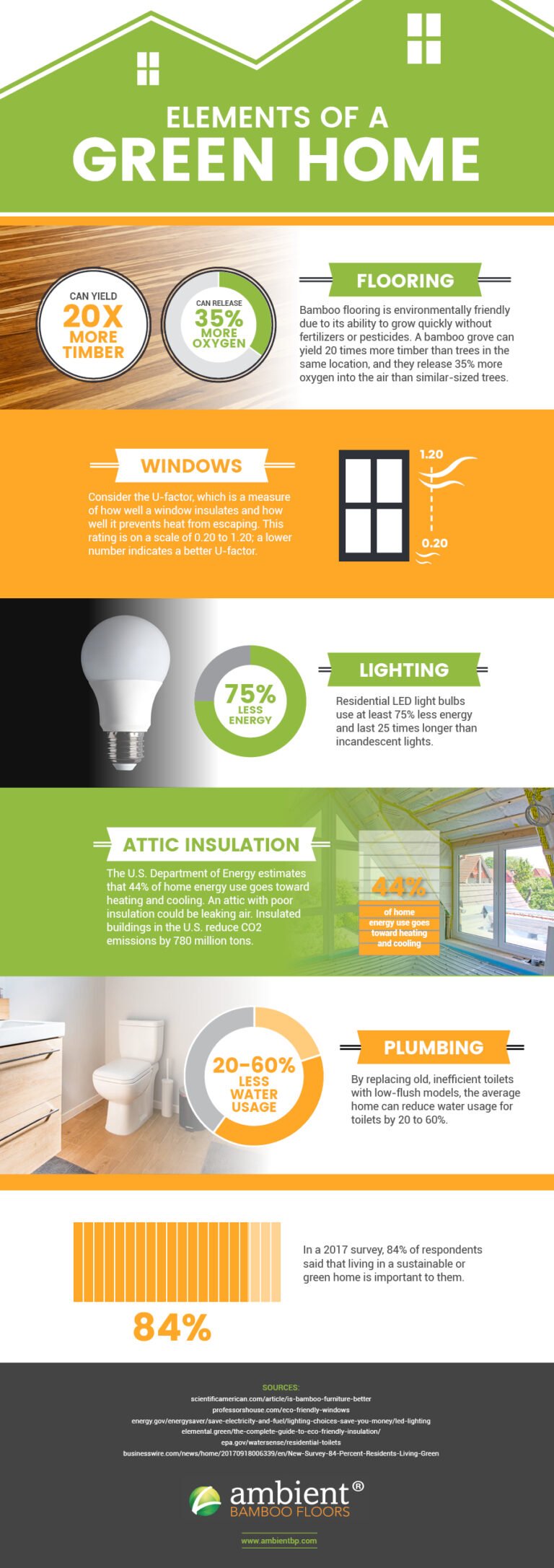How Gen Z is Embracing Minimalism and Reinventing Prosperity
 By Jessica Larson, SolopreneurJournal.com
By Jessica Larson, SolopreneurJournal.com
Baby Boomers, Gen X, and older millennials often define adulthood as finishing college, finding and holding a steady job, and buying a home. Members of Gen Z (people born from around 1996 to 2010), don’t necessarily share this perception of the transition from childhood to adulthood.
The majority of Gen Z’ers don’t define “the good life” as working 9 to 5 to make monthly mortgage payments or pay off student loans. For many of them, success is defined by experiences, reaching financial goals, and living a life that is largely altruistic. “Things” are not as important to them as to other generations. Minimalism plays a big part in how Gen Z perceives a successful lifestyle. Green living and environmental sustainability are priorities to them, so they look for ways to minimize their footprint as they pursue their goals.
Here are five Gen Z strategies to keep in mind when positioning products or services for members of this innovative young generation:
1. Ditching the car
Let’s face it, as much as the automobile industry works to develop greener cars, it will never be completely Earth-friendly in our lifetime. Gen Z’ers are well aware of this and actively seek ways to shrink their personal carbon footprints by:
- Using rideshare services as opposed to owning (and paying for!) a car
- Walking or riding a bicycle, scooter, or other small vehicle to work or the grocery store
- Utilizing public transportation whenever possible
Unlike members of previous generations, for whom owning a car was a rite of passage, younger groups just aren’t as car-crazed as their older counterparts were at their age. They don’t want to buy a car that contributes to pollution, and many don’t want to carry the debt and financial responsibility that comes with owning one.
2. Learning online
Many Gen Z’ers are fearful of accumulating the massive student debt that millennials did. As a result, many of them actively seek alternative ways to learn. They use online resources as much as they can, and they view a conventional college education as archaic and financially out of reach. The expensive, resource-intensive tradition of moving and setting up a new household in the college town can also be a deterrent, so learning where they already live represents another green benefit.
After growing up during the Great Recession, this generation is very money conscious and much less likely to start adult life with high student debt. Increasingly, they’re using technology to gain real-life skills independently, in learning sessions that cover everything from coding instruction to CPR training. Many also immediately pursue employment after high school graduation, seek out mentors, and get on-the-job instruction.
3. Making entrepreneurial moves
A recent Nielsen study found 54% percent of Gen Z’ers want to launch their own company. Aside from offering the ability to take control of their lifestyle and finances, starting their own business gives them a way to create a purposeful life. Gen Z’ers are more likely to start companies rooted in green or sustainable living because they’ve already demonstrated that they won’t support companies that aren’t environmentally and socially conscious.
They’re also more likely to come up with their own solutions and Earth-friendly contributions because they feel responsible for fixing the environmental mistakes made by older generations. Entrepreneurism is the perfect solution: They can take control of their money and define their own contributions to society.
4. Supporting the secondhand market
Gen Z’ers have loudly voiced their distrust of businesses that operate without considering their impact on the environment. They’re also very much in tune with the value of recycling, upcycling, and tapping into the resale market. Why spend money on new products that deplete natural resources when they can buy perfectly good used products instead? According to industry experts, Gen Z and younger millennials are driving the resale market. The success of platforms such as Mercari, Depop, and Poshmark attest to the trend, and analysts expect the secondhand market to hit a whopping $51 billion within five years.
This philosophy fits nicely with the Gen Z’ers’ financial leanings. Not only are they buying secondhand, but they’re also selling their own stuff to give themselves a financial boost. The resale industry is an all-around win for them. They save money while avoiding the trap of financially support companies that are harming the environment. Instead, they’re spending their dollars in ways that support sustainability.
5. Learning the art of DIY
It’s happening in the home and other spaces, too. Rather than spending money they don’t have on expensive contractors, Gen Z’ers are using their entrepreneurial spirit to fix up their own living spaces. Even for big jobs, they are more than willing to clear out the clutter, consult the expertise of YouTube videos — where green building methods are shared more readily than ever — and essentially learn to do the work needed to transform their living and working spaces.
Broadly, many Gen Z’ers want to achieve financial independence, establish and build credit, bypass as much debt as possible, and avoid the financial mistakes they’ve watched millennials and Gen X make. A big part of this is learning to do things themselves.
Members of Gen Z are the first true digital natives. As a result, they see things differently than older generations do. Companies that want to earn their favor will need to pay attention to their values and find ways of adapting to appeal to their philosophies and beliefs. If not, Gen Z’ers are more than happy to find and develop their own sustainable ways to live. With their affinity for thrift and conscious spending, their determination can help them not only prosper financially in the long term, but also do it sustainably.


